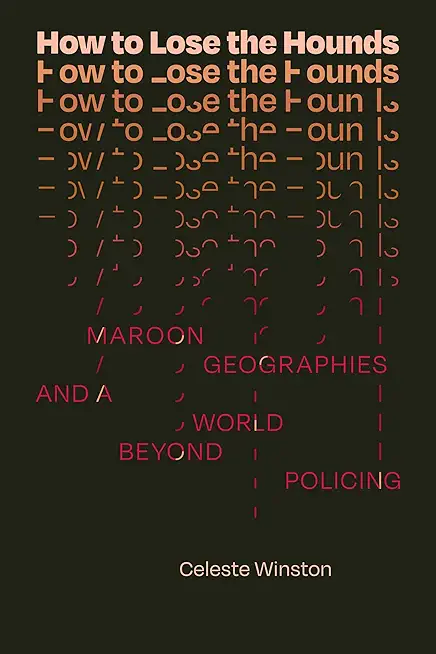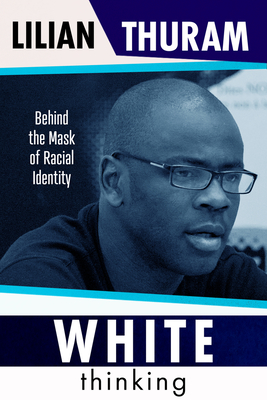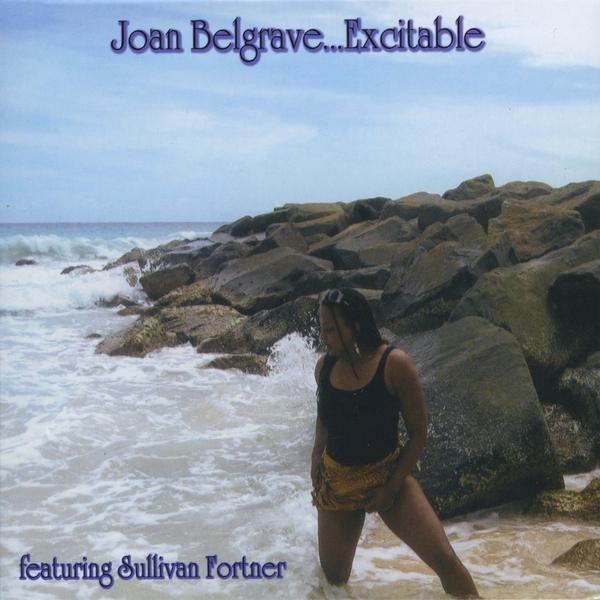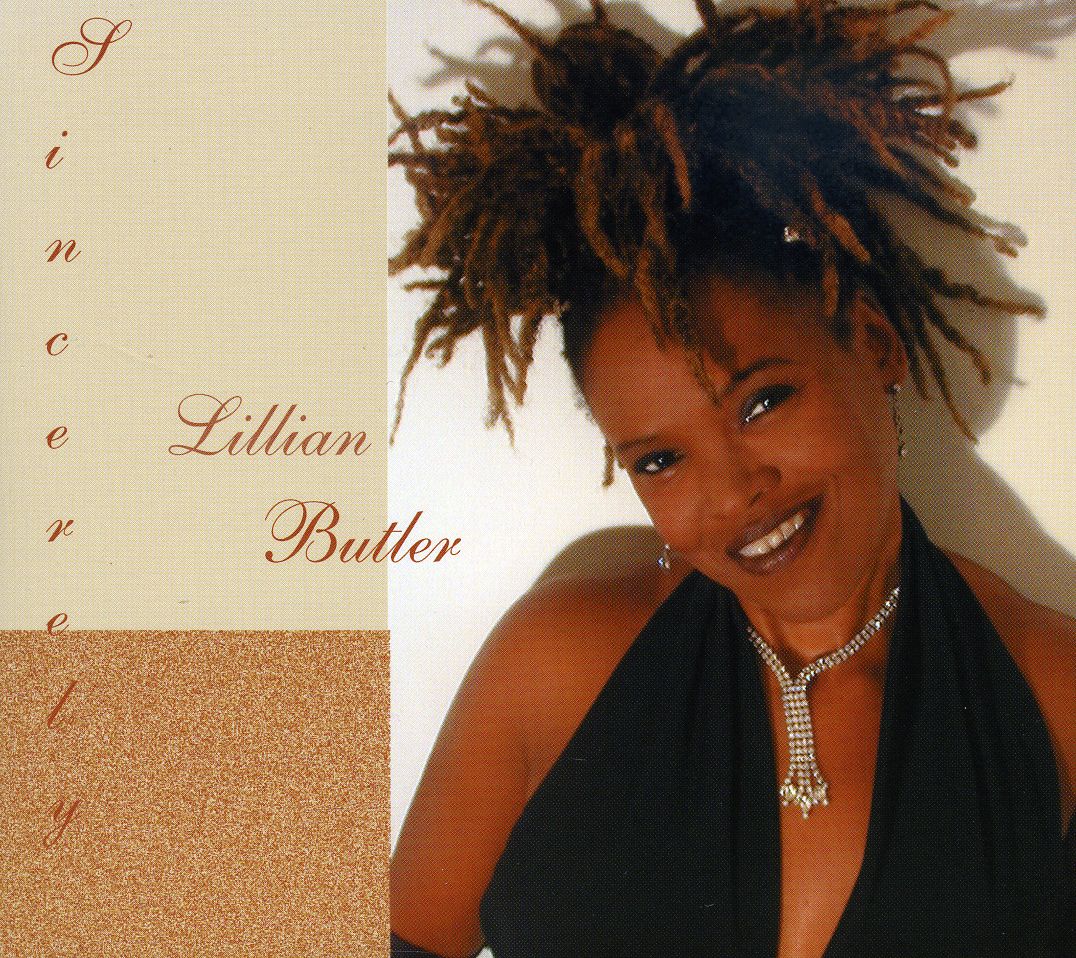
Winston, Celeste
product information
description
este Winston explores marronage--the practice of flight from and placemaking beyond slavery--as a guide to police abolition. She examines historically Black maroon communities in the Maryland suburbs of Washington, DC, that have been subjected to violent excesses of police power from slavery until the present day. Tracing the long and ongoing historical geography of Black freedom struggles in the face of anti-Black police violence in these communities, Winston shows how marronage provides critical lessons for reimagining public safety and community well-being. These freedom struggles take place in what Winston calls maroon geographies--sites of flight from slavery and the spaces of freedom produced in multigenerational Black communities. Maroon geographies constitute part of a Black placemaking tradition that asserts life-affirming forms of community. Winston contends that maroon geographies operate as a central method of Black flight, holding ground, and constructing places of freedom in ways that imagine and plan a world beyond policing.
member goods
No member items were found under this heading.
listens & views

ALL-STAR ORCHESTRA FEATURING KENNY DAVEM
by WELLSTOOD,DICK / DAVEM,KENNY
COMPACT DISCout of stock
$8.99

COCOON COMPILATION L / VARIOUS ...
by COCOON COMPILATION L / VARIOUS (BOX)
VINYL LPout of stock
$87.25
Return Policy
All sales are final
Shipping
No special shipping considerations available.
Shipping fees determined at checkout.





